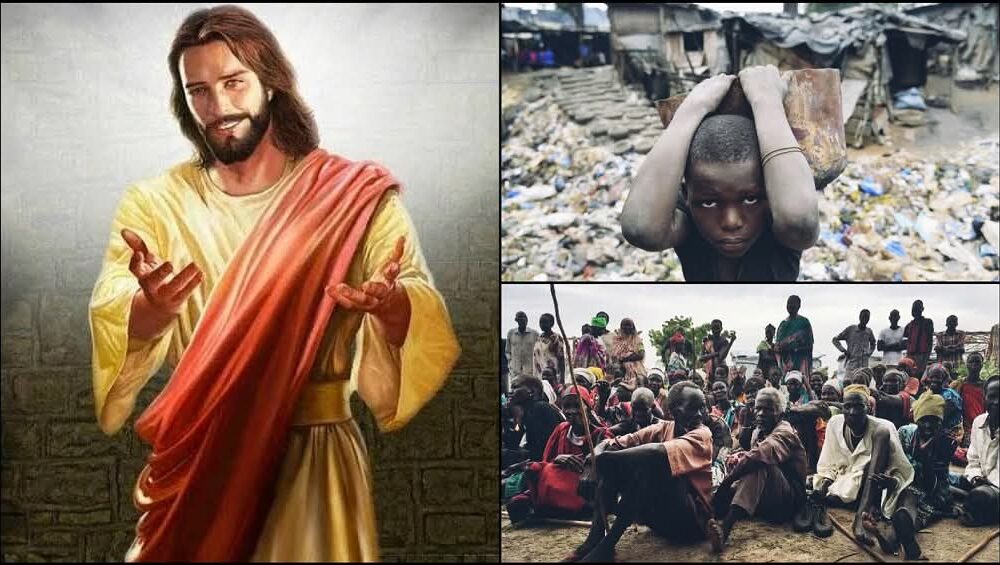
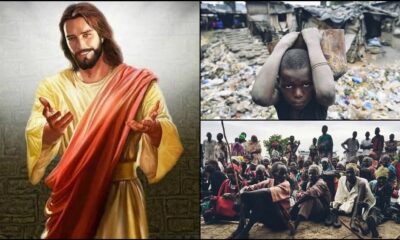

There is a very strong notion and belief by African Christians that Jesus Christ will save them from suffering and reverse the many years inflicted on...



Explore the beauty of the Igbo bride in these elegant George wrapper styles. These outfits are perfect for traditional weddings. They highlight the rich culture of...
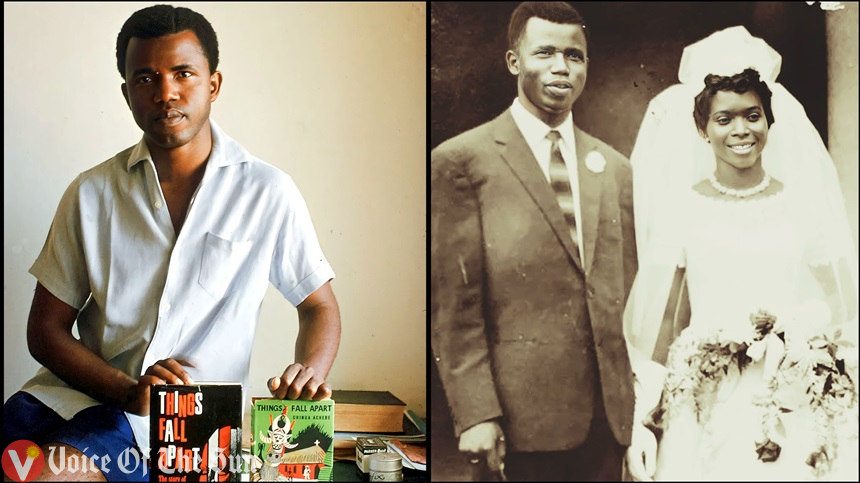


My advice to young men championing the return to Odinala, Asusu Igbo, Omenala, Nka n’uzu, etc. is to not be in a haste to get married....
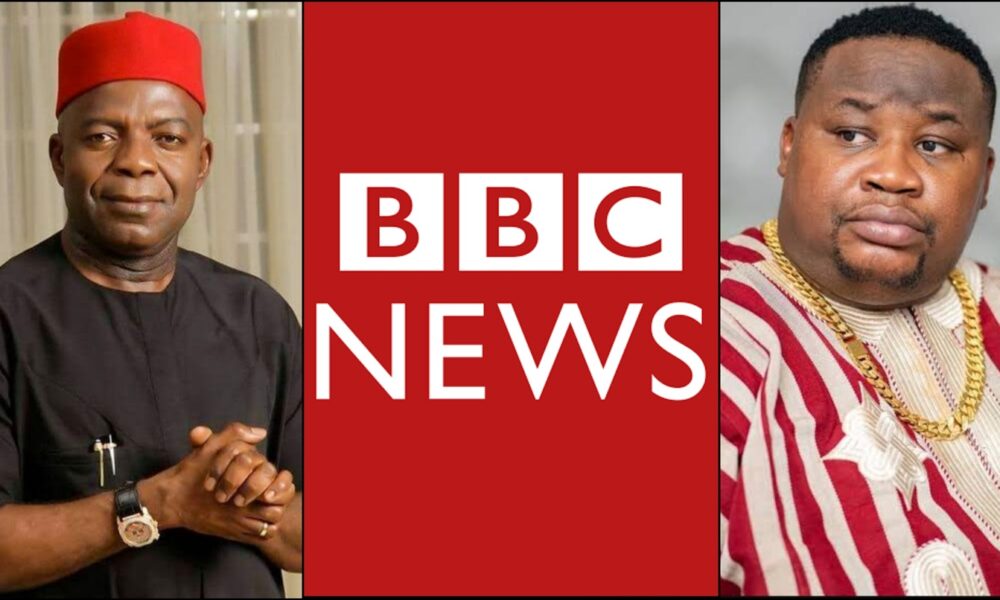
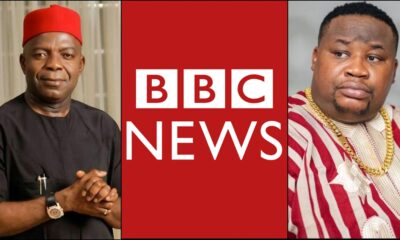

The history of Ndi Igbo as part of Nigeria holds several records of the BBC using propaganda to set Ndi Igbo up for either economic sabotage...
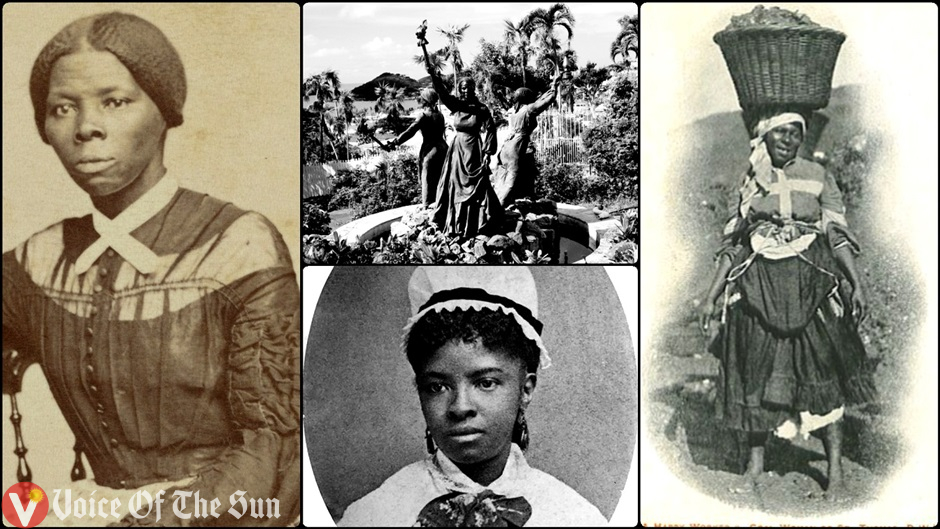
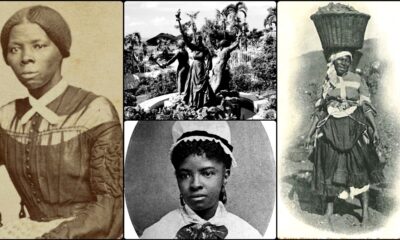

Though black women are rarely applauded for their heroic acts, history cannot be recounted without remembering the significant achievements of some black women who impacted the...



It gives us great joy to report about the noble height and international decoration of our sister Amarachi Attamah, who is a Griot, Igbo Chant Performer,...
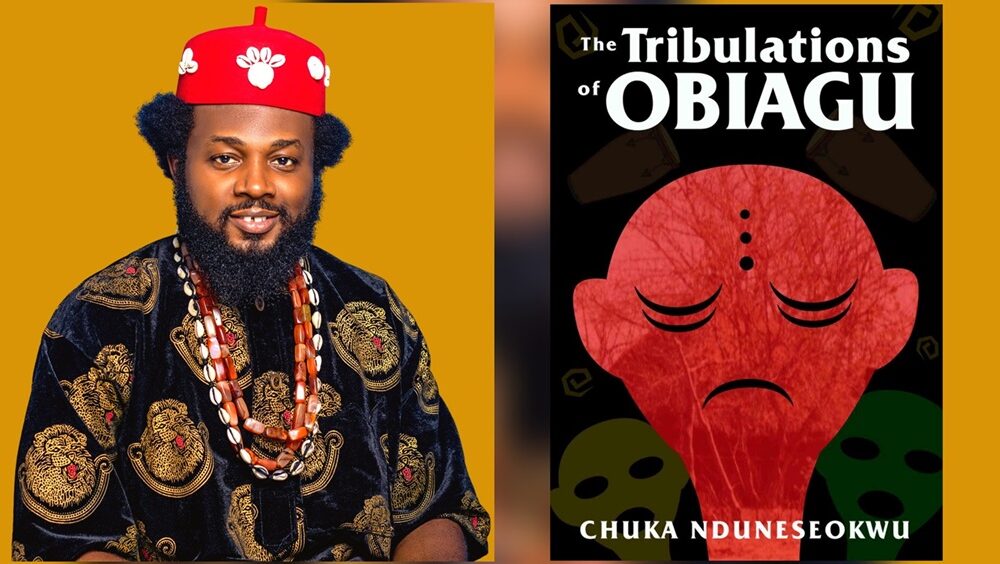
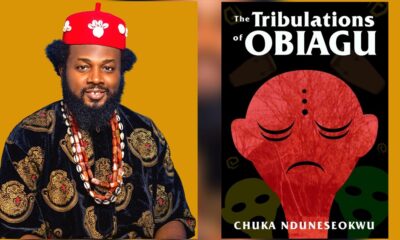

Title: The Tribulations Of Obiagu Author: Chuka Nduneseokwu INTRODUCTION This captivating short story set in a village called Obiagu, in the late 1910s, portrays the Igbo...
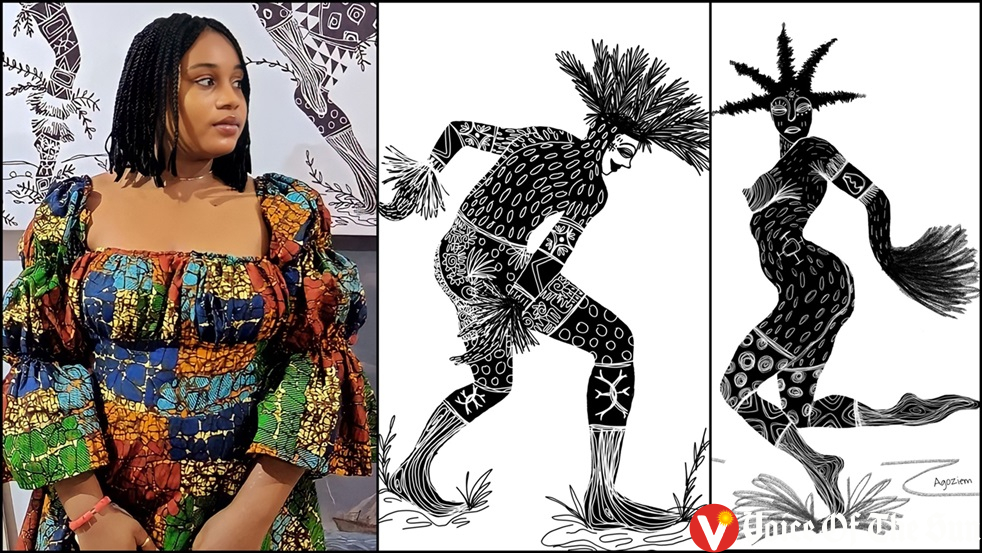
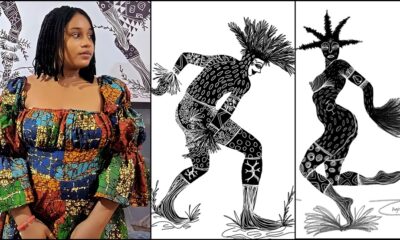

The fusion of Igbo Uli art and Nsibidi (Nshi Biri) script as brought forth in the gifts and paintings of Chiagoziem Orji, belongs to an ancient...
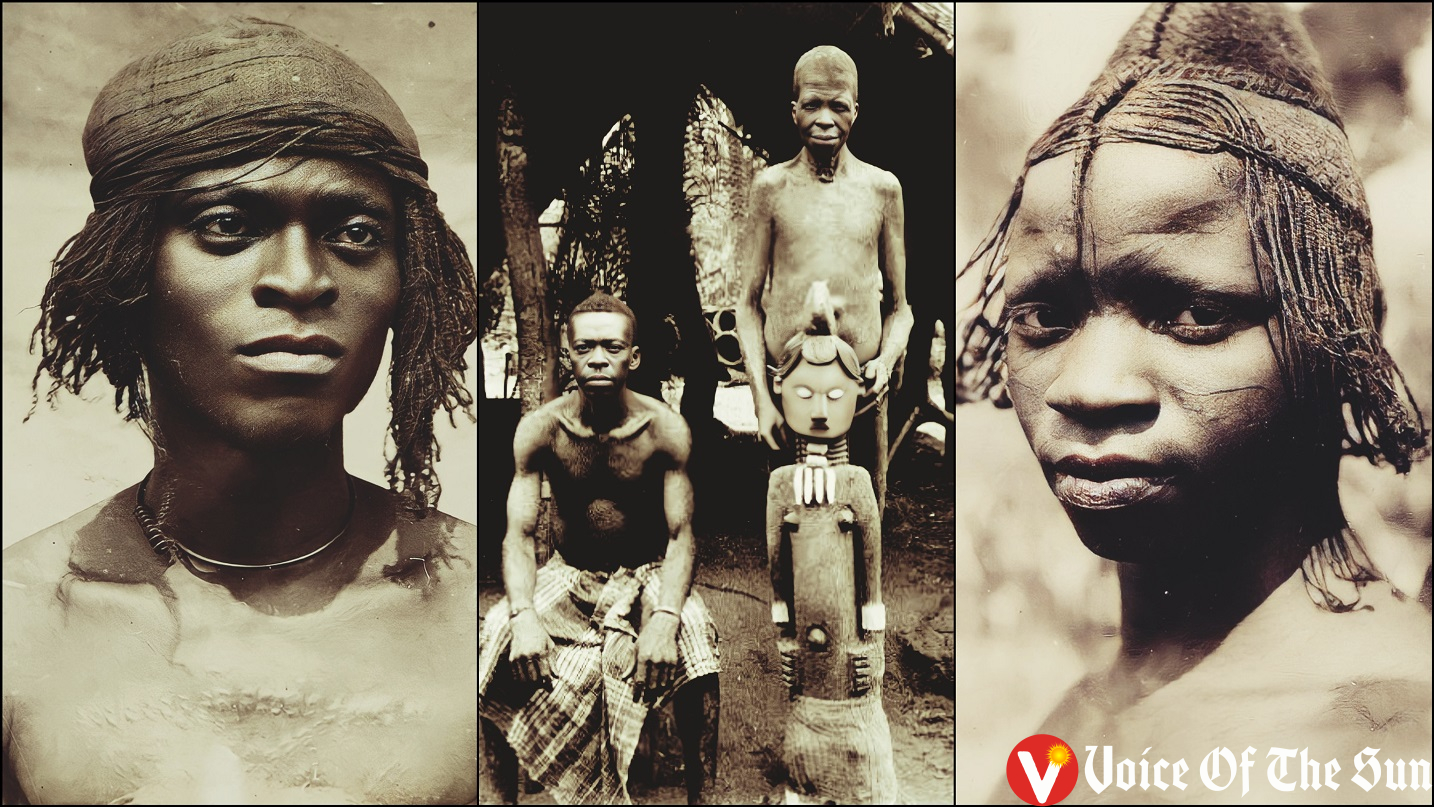

The Osu caste system in Igbo land is a topic of enormous and dynamic proportions. It is so sensitive a topic that traditional and political leaders...



Are you looking for the perfect traditional caps, chieftaincy hands fans, and attire to beautify yourself and look like royalty? Then look no further. It is...